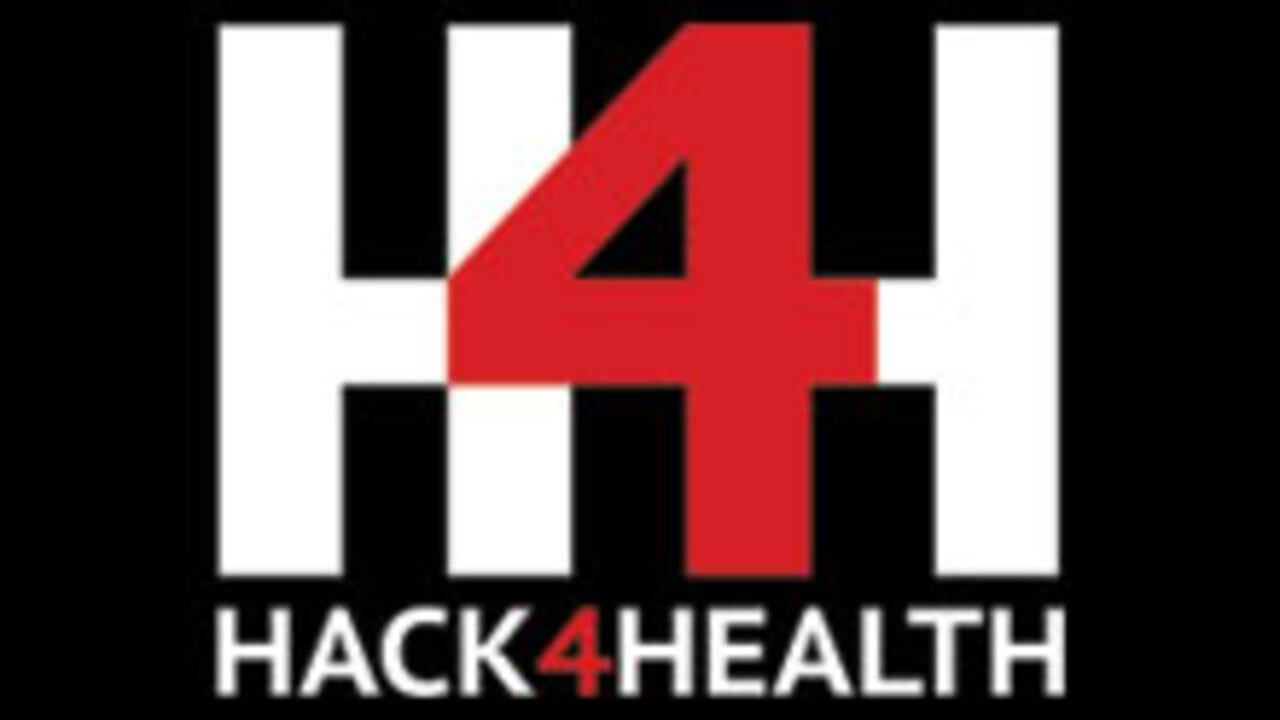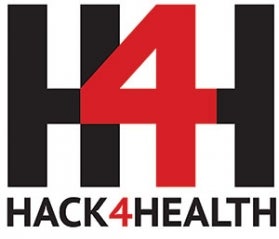
Hackers set to create apps for Alzheimer’s and MS
First wellness hackathon in Canada will bring together social innovators

First wellness hackathon in Canada will bring together social innovators
By Christine Bezruki Faculty of Applied Health Sciences The next generation of social innovators will put their heads together in support of two neurological conditions this weekend at Canada’s first wellness hackathon. Hosted by the Faculty of Applied Health Sciences and the Murray Alzheimer Research and Education Program (MAREP) at Waterloo, Hack4Health is putting a spin on conventional hackathons by developing new hardware, software and social applications to improve the lives of those living with Alzheimer’s disease or multiple sclerosis (MS).
The next generation of social innovators will put their heads together in support of two neurological conditions this weekend at Canada’s first wellness hackathon. Hosted by the Faculty of Applied Health Sciences and the Murray Alzheimer Research and Education Program (MAREP) at Waterloo, Hack4Health is putting a spin on conventional hackathons by developing new hardware, software and social applications to improve the lives of those living with Alzheimer’s disease or multiple sclerosis (MS).
“Hackathons typically bring together computer programmers to create new technology or solve problems,” said Professor Karla Boluk, who is co-leading the initiative. “We have an amazing innovation ecosystem at Waterloo and it is incumbent upon us as faculty and staff to not only create platforms by way of pitch competitions, but also nurture the social impact of our students.”
Alzheimer’s disease affects approximately 750,000 Canadians and is expected to double due to an aging population by 2031. Canada has the highest rate of MS in the world. Symptoms can range from vision problems, numbness and tingling to mobility issues.
“The significance of both of these neurological conditions in our local and national communities necessitates disease innovations to help improve quality of life while we wait for a cure,” said Lisa Loiselle, associate director of research for MAREP and co-organizer of the event.
Leading tech experts, occupational therapists and individuals living with or affected by MS, Alzheimer’s or other related dementias will mentor participants throughout the event. Massage therapists and round-the-clock catering is lined up to maintain energy levels and keep ideas flowing.
On Sunday social innovators will showcase their work during a pitch competition. Prizes include:
Registration is still open. No previous knowledge of Alzheimer’s or MS is required to participate in the hack. Members of the public are invited to attend the pitch competition on Sunday starting at 3:45 p.m.

Read more
Here are the people and events behind some of this year’s most compelling Waterloo stories

Read more
The Kitchener-Waterloo Oktoberfest Rogers Women of the Year awards recognize leaders for outstanding community contributions

Read more
Velocity and Socratica’s builder communities help Waterloo students find their people and build their entrepreneurship side
The University of Waterloo acknowledges that much of our work takes place on the traditional territory of the Neutral, Anishinaabeg, and Haudenosaunee peoples. Our main campus is situated on the Haldimand Tract, the land granted to the Six Nations that includes six miles on each side of the Grand River. Our active work toward reconciliation takes place across our campuses through research, learning, teaching, and community building, and is co-ordinated within the Office of Indigenous Relations.